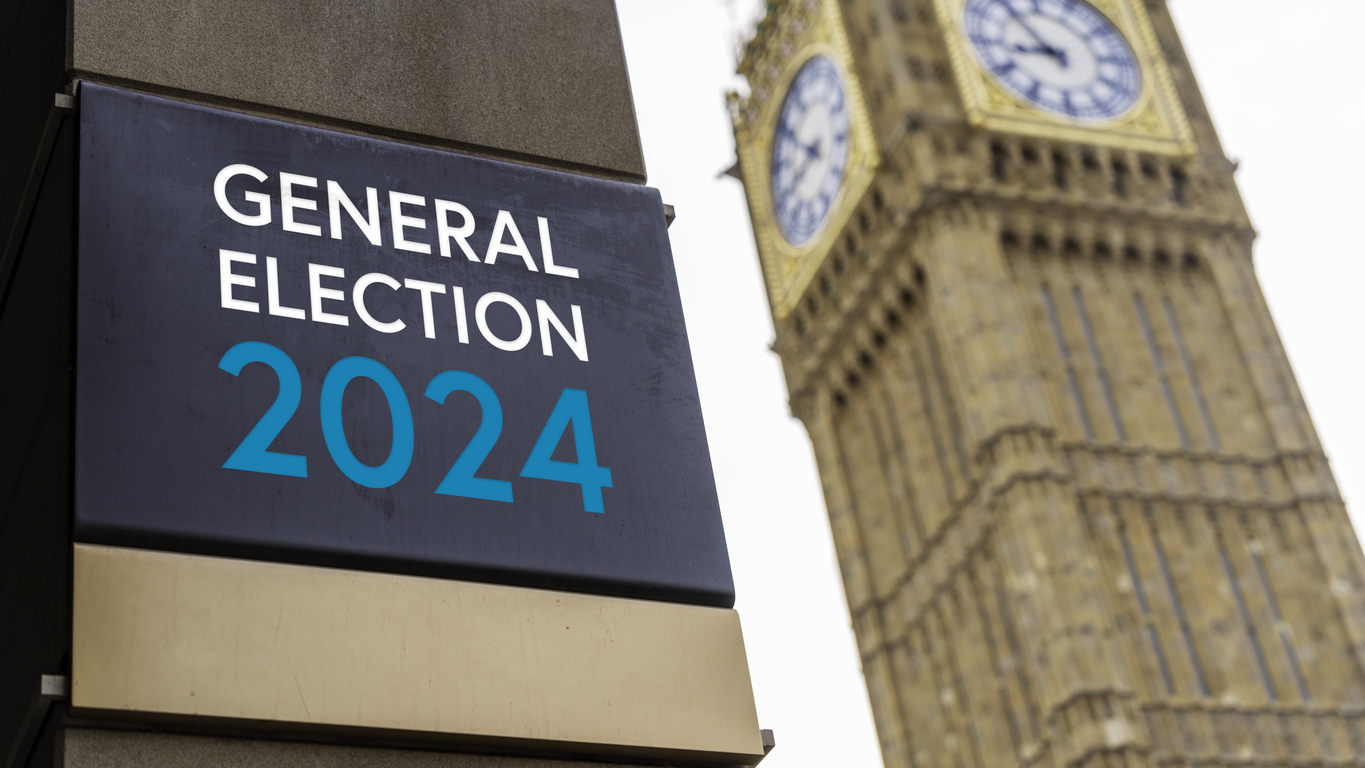In today’s everchanging business landscape, the role of directors goes beyond mere legal compliance and extends to embodying ethical leadership and fostering trust; in recent years, some high-profile corporate scandals and failures have dented public trust in businesses, highlighting the need for directors to be held accountable for their actions.
To this extent, the Institute of Directors (the “IoD”) has published a consultation document on a voluntary code of conduct (the “Code”) for directors: a practical framework designed to help directors navigate complex decisions and maintain public trust. The consultation document is open for feedback up until the middle of August 2024 and invites the public to offer input on matters such as, inter alia, whether there are additional issues that should be addressed and/or whether directors should make a public declaration of their adoption of the Code.
The Code applies to organisations of all sizes in private, public, and not-for-profit organisations. While directors are generally subject to duties by virtue of the Companies Act 2006 (see ss.171-176), their professional bodies, and/or their organisations, this Code seeks to complement the existing duties, rather than replace them. In other words, the Code is not a formal enforcement mechanism, rather, it establishes standards for directors’ conduct that go beyond legal requirements, aiming to enhance the credibility and reputation of directorship in society’s view.
This article delves into the six principles of the Code, exploring how they can catalyse positive change within businesses in the UK. These principles are inspired by the Seven Principles of Public Life (the Nolan Principles) published by the Committee on Standards in Public Life in 1995. This Committee advises the Prime Minister on arrangements for upholding ethical standards of conduct across public life in England. The Nolan Principles apply to anyone who works as a public officeholder, which includes all those who are elected or appointed to public office, both nationally and locally, including, inter alia, all those appointed to work in the Civil Service and local government.
Seeing as the principles are based on these Nolan Principles, the Code reflects certain provisions of other governance codes already in place in the UK, such as the UK Corporate Governance Code for companies with a premium listing on the London Stock Exchange, the Wates Principles for large private companies, the UK Sport/Sport England Code for Sports Governance for sports organisations in receipt of public funding, and the B Corp Legal Requirement for entities wishing to become certified B Corps.
Let us now delve into the six principles of the Code.
Principle 1: Leading by Example
A director is often, and rightly so, considered a model to look up to in a business. Therefore, this principle sets a benchmark for organisational behaviour and inspires professionals to adopt a culture of morale, corporate reputation, and respectfulness. Having a director who treats everyone with equal respect, strives for continuous self-improvement and considers the impact of his own behaviour on the work and mental health of his employees, ensures mutual trust, humility and empathy.
Principle 2: Integrity
The second principle entails the prioritisation of the organisation’s interests over personal gain, the management of conflicts of interest, and upholding high ethical standards. By ensuring the application of this principle, directors can foster a transparent and ethical corporate culture, strengthening stakeholder relationships and enhancing the organisation’s reputation. Integrity is considered crucial for building trust and respect within – and outside – the organisation and, as such, in the UK’s regulatory environment, integrity can form the differentiating factor of a business in a competitive market.
Principle 3: Transparency
Transparency implies that directors are open about decisions and actions affecting objectivity of the business, that they address mistakes openly, encourage reporting misconduct and communicate clearly with other professionals in the organisation. This way, business operations can be conducted with trust and confidence while also fostering a culture of honesty and accountability. In the UK, where regulatory scrutiny and public expectations are high, transparency can mitigate reputational risk.
Principle 4: Accountability
This principle entails complying with legal duties and taking personal responsibility for actions. Moreover, it implies being open to feedback, holding management accountable, seeking independent advice and reflecting on one’s personal capabilities. This ensures that directors answer to their own decisions and actions which, in turn, reinforces trust and confidence among professionals and improves the quality of decision-making. Ensuring that this principle is implemented amongst directors in the UK can enhance governance frameworks and promote sustainable success.
Principle 5: Fairness
This comprises, inter alia, making decisions impartially and based on merit, respecting interests of all stakeholders, promoting equality of opportunity and fair treatment and encouraging diversity. Making sure that decision-making is governed also by the principle of fairness, enhances loyalty and confidence among professionals. It promotes an inclusive environment in which all employees feel valued and respected. Embracing fairness can enhance workplace diversity and inclusion while driving innovation and better business outcomes.
Principle 6: Responsible Business
Directors should consider the broader impact of their decisions on society and the environment, prioritise long-term goals over short-term financial gains, promote high standards across the supply chain and reject questionable practices. These broader societal and environmental outcomes foster trust and confidence in directors’ leadership and support a more sustainable and equitable business landscape. Generally, this principle enhances corporate reputation and supports UK’s commitment to ethical business practices.
Overall, the IoD’s Code provides a robust framework to enhance ethical standards and governance in UK businesses.
It may be argued, however, that the necessity of the Code is debatable, given that directors are already bound by comprehensive duties outlined in the Companies Act 2006. This existing framework covers a wide range of responsibilities, and additional guidelines may be viewed as redundant and burdensome, especially for smaller organisations with limited resources. Concerns have also been raised about the effectiveness of a voluntary code with no enforcement mechanism or register of signatories, as observed for instance by ICAEW, whose members are already subject to the ICAEW’s code of ethics.

